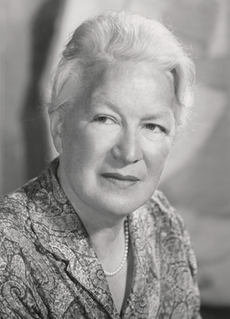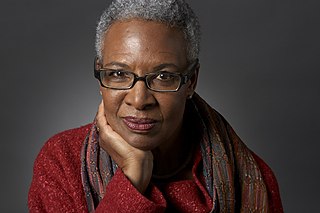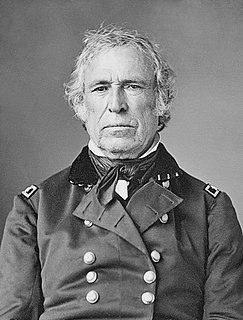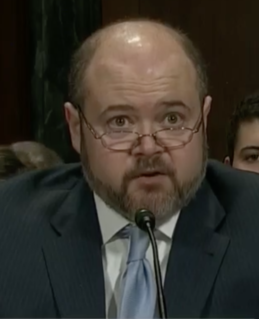A Quote by C. V. Wedgwood
somewhere about the eighteenth century, history tacitly replaced religion as the school of public morals.
Related Quotes
What makes 'The Marriage of Souls' such a wonderful book is Collins's intricate reconstruction of the late eighteenth-century world. Simplicity and philosophy are the hallmarks of eighteenth-century art and architecture. The classically pure lines look deceptively simple and unburdened by heavy symbolism or imagery.
[F]or avoiding the extremes of despotism or anarchy . . . the only ground of hope must be on the morals of the people. I believe that religion is the only solid base of morals and that morals are the only possible support of free governments. [T]herefore education should teach the precepts of religion and the duties of man towards God.
The Constitution forbids states from banning all religion from public spaces and from making churches the ghettos of religion where all manifestations of faith are kept separate from public life. Religious people have an equal right to participate in the public square and to have their contributions to Oklahoma history and society recognized.
The Bible is the best of books, and I wish it were in the hands of every one. It is indispensable to the safety and permanence of our institutions. A free government can not exist without religion and morals, and there cannot be morals without religion. Especially should the Bible be placed in the hands of the young. It is the best school book in the world. I would that all our people were brought up under the influence of that holy book.
Religion is a personal, private matter and parents, not public school officials, should decide their children's religious training. We should not have teacher-led prayers in public schools, and school officials should never favor one religion over another, or favor religion over no religion (or vice versa). I also believe that schools should not restrict students' religious liberties. The free exercise of faith is the fundamental right of every American, and that right doesn't stop at the schoolhouse door.
When my kids were growing up, I wanted their teachers to teach them science, reading, math and history. I also wanted them to care about my kids. But I did not want my children's public school teachers teaching them religion. That was my job as a parent and the job of our church, Sunday school, and youth group.
History will also afford frequent opportunities of showing the necessity of a public religion, from its usefulness to the public; the advantage of a religious character among private persons; the mischiefs of superstition, and the excellency of the Christian religion above all others, ancient or modern.

































